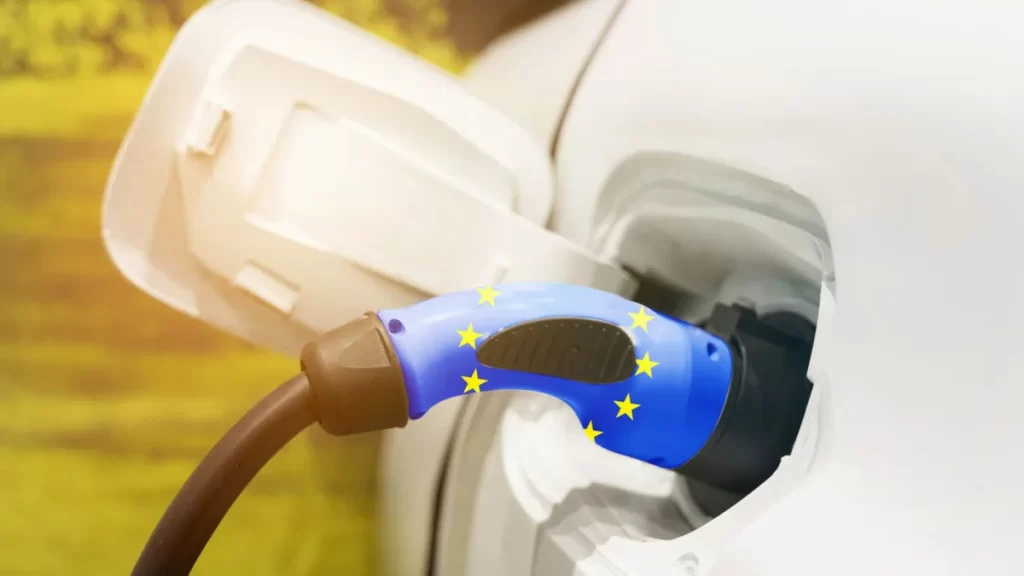The European Union’s decision to ban the sale of internal combustion engine (ICE) vehicles by 2035 marks a historic turning point in the fight against climate change. This regulation, passed by the majority of member states, will require all new automobiles sold in the EU to have zero emissions.
While Italy, Bulgaria, and Romania voted against the ban and Poland abstained, the majority of EU member states recognize the importance of reducing greenhouse gas emissions. Passenger vehicles and vans are responsible for a significant percentage of CO2 emissions in the EU, making the ban on ICE vehicles a crucial step in achieving the goal of reducing emissions by 55 percent by 2030.

Germany’s demand for a waiver for e-fuel vehicles caused a delay in the implementation of the regulation. E-fuels, which use captured CO2 emissions to offset emissions from fuel, are considered carbon-neutral. While e-fuels are not yet mass-manufactured, Germany’s exemption benefits individuals who currently drive traditional ICE vehicles.
However, the EU will specify how sales of automobiles using only e-fuels may continue later this year. Automakers such as Porsche and Ferrari promote e-fuels as a way to avoid using large batteries in their vehicles. In contrast, companies like Ford, Mercedes-Benz, and Volkswagen are already deploying electric vehicles to reduce carbon emissions.

The UN recently issued a warning that the goal of limiting the increase in global temperatures to 1.5C is likely to be missed. Therefore, the EU’s decision to ban ICE vehicles and reduce emissions by 55 percent is a significant step towards mitigating the impact of climate change.
In conclusion, the European Union’s decision to ban ICE vehicles is a historic moment in the fight against climate change. Despite some resistance from member states, this regulation will contribute significantly to reducing greenhouse gas emissions in the EU. The use of e-fuels and electric vehicles will play a crucial role in achieving the EU’s emission reduction targets and contributing to the global effort to address climate change.


